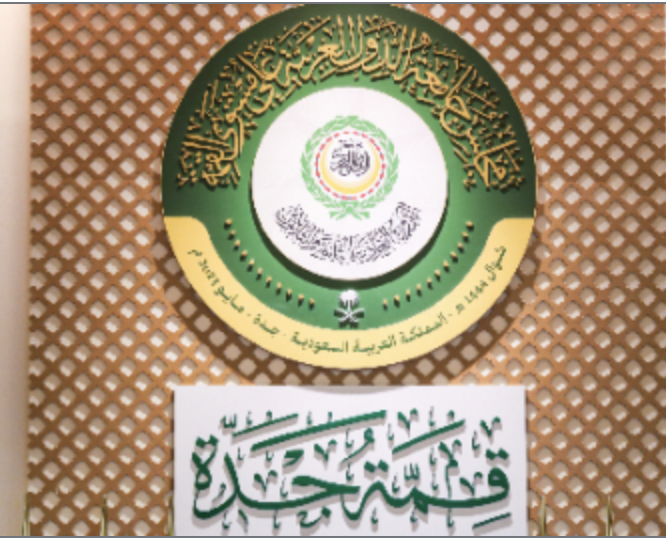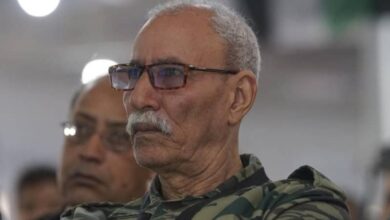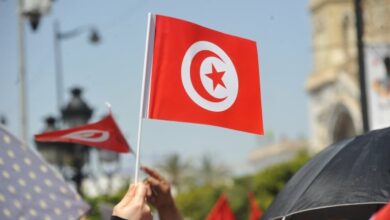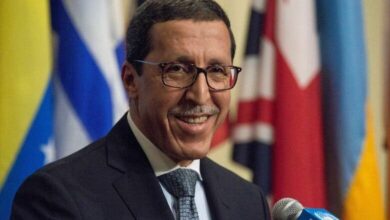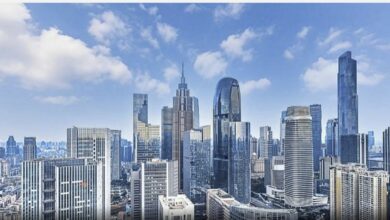Algeria, the Land of Queues… When Isolation Becomes a Choice and the Regime Turns Mafioso

ALDAR / Editorial
In a rapidly changing world, where nations increasingly open up to one another to achieve economic and political integration, a strange model emerges: a country where its people stand daily in queues to obtain the most basic necessities of life, as if living in a state of perpetual war.
Queues for food or fuel are not new in humanitarian crises. However, in Algeria, they occur so systematically that they have become a familiar daily scene, almost part of the country’s identity.
This country exists in near-total isolation, either imposed by the world or voluntarily chosen through unrealistic policies. Borders are closed, markets are empty, and the national currency loses its value at a rapid pace, making survival a challenge in itself.
While the world signs partnership agreements and adopts technology to develop its economy, this country insists on remaining outside the global system, clinging to rhetoric reminiscent of the Cold War era.
Who governs this country?
This is a question that arises in the minds of observers. Descriptions lean toward portraying it as a mafioso regime, where the state is governed through force and corruption. Resources are looted, the people suffer, while the elites grow wealthier.
Dissenters are silenced by any means necessary, from marginalization to outright repression, making this regime akin to a mafia network that meticulously organizes its operations and justifies its actions with a false nationalist narrative.
What is even more peculiar is that this regime, which fosters internal chaos and manages its state like a criminal gang, raises its voice on international platforms, demanding reform of the United Nations Security Council.
It is as if it seeks to convince the world that it is a model of justice and transparency. How can a regime that thrives on queues, isolation, and lacks the most basic standards of good governance claim to reform a global institution? Is this not the ultimate paradox?
Such a country serves as an example of what can happen when states are governed with selfishness and corruption and isolated from the outside world due to bad decisions and irresponsible practices. It is a lesson for societies on the importance of internal accountability and cooperation with the world to build a better future.
The queues may one day end, and the isolation may be broken. But the most important question is how the people will choose to redefine their identity and how the world will act to rescue populations trapped behind the walls of isolation and corruption.

